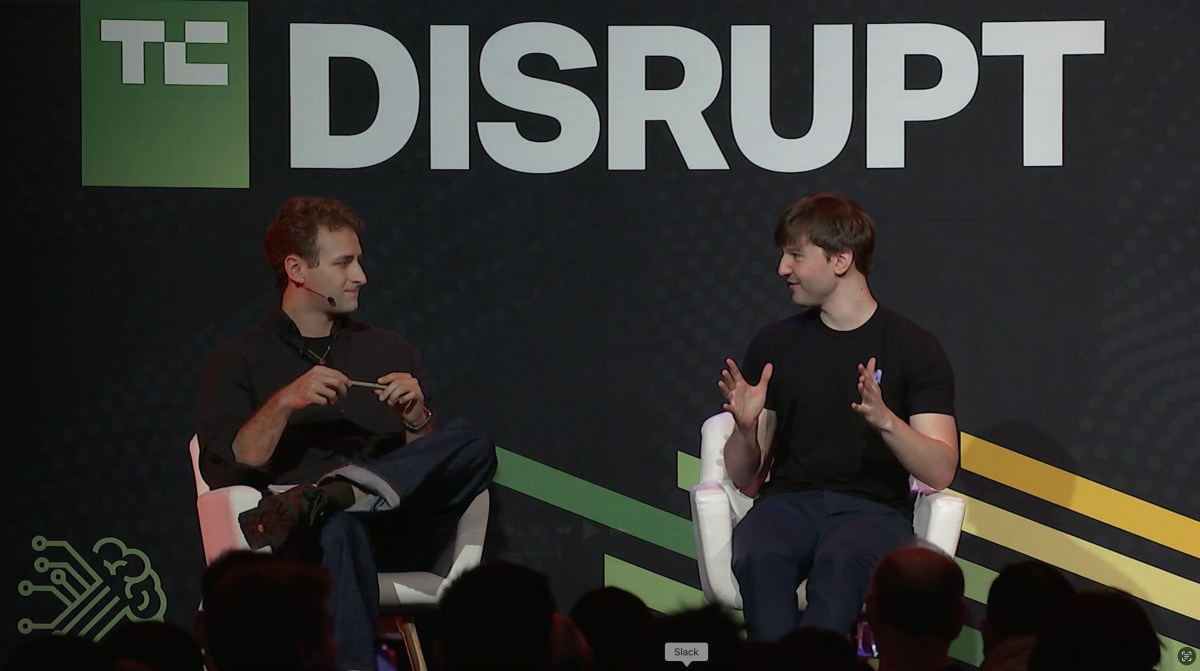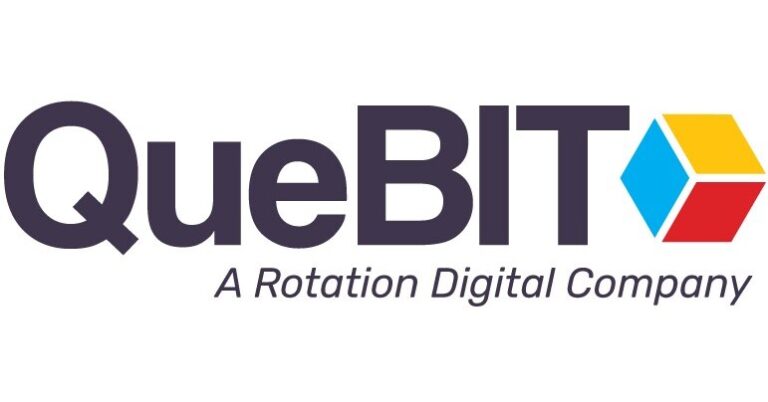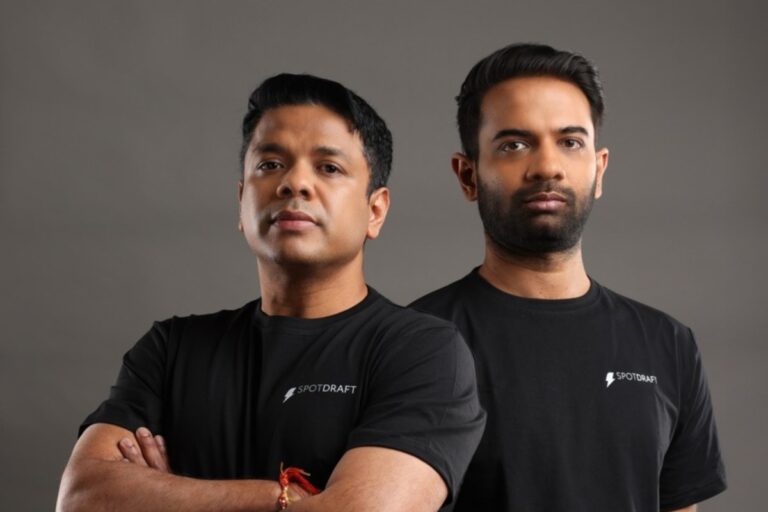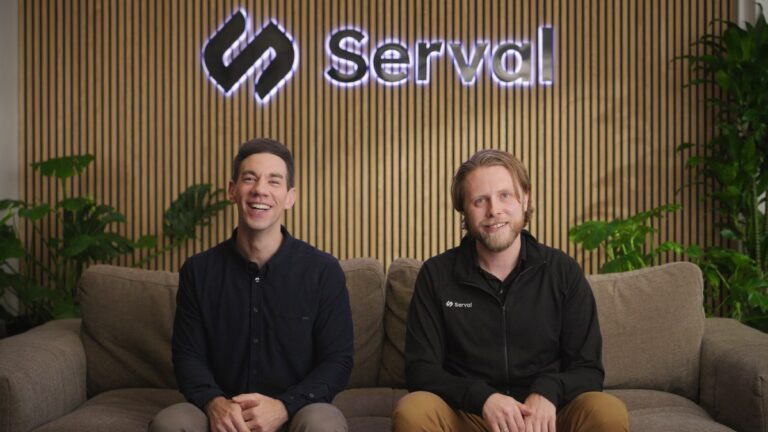AI Labs Leverage Mercor to Access Hidden Corporate Data
In a recent discussion onstage, Mercor’s co-founder, Foody, highlighted the marketplace’s pivotal role in bridging AI labs and former employees of investment banks, law firms, and consulting firms, facilitating the automation of these industries. Notable clients like OpenAI, Anthropic, and Meta illustrate Mercor’s growing influence.
Foody, referencing Goldman Sachs, suggested that established firms may be hesitant to embrace automated models that could disrupt their traditional value chains. “This shift changes competitive dynamics,” he explained. AI labs, he noted, often struggle to obtain data directly from these firms, necessitating the recruitment of former insiders who can train AI systems to navigate complex workflows.
The 22-year-old entrepreneur revealed that Mercor compensates industry veterans up to $200 per hour for their insights, accumulating a workforce of tens of thousands and distributing over $1.5 million daily. Despite high payouts, Mercor remains profitable as AI labs recognize the value of proprietary data.
Since its launch less than three years ago, Mercor’s annual recurring revenue has surged to approximately $500 million, recently attaining a valuation of $10 billion. The potential for knowledge to escape from traditional companies to AI labs raises concerns about corporate competition, yet Foody refrained from labeling this as a “loophole,” suggesting it reveals a market inefficiency.
Embracing change, some companies are beginning to accept the evolving landscape, with Foody suggesting that Mercor could foster a new gig economy reminiscent of the early days of Uber. “Progressive firms understand that adaptation is essential,” he commented, contrasting them with those fearful of being sidelined as clients seek direct access to AI solutions.
While Mercor aims to extract valuable knowledge from various sectors, Foody emphasized the importance of preventing corporate espionage. He acknowledged the challenge of enforcing policies, given that many contractors are still employed in sensitive positions. Despite instructing workers not to share proprietary documents, he admitted that breaches may occur.
Foody advocates for the idea that an employee’s knowledge ultimately belongs to them, representing a refreshing perspective against traditional corporate views. Some of Mercor’s job listings blur the line between soliciting expertise and proprietary company data.
Positioned as one of the first data startups to pay high wages for expert AI training, Mercor has emerged at a time when the demand for skilled knowledge workers is escalating. As rivals like Scale AI faced setbacks, Mercor seized the opportunity, seeing its valuation multiply fivefold over the past year, even though it still trails behind larger competitors like Surge and Scale AI, both valued above $20 billion.
Currently, most of Mercor’s revenue stems from a select group of AI labs, but Foody envisions expanding into other industries such as law, finance, and healthcare. “Ultimately, technologies like ChatGPT will surpass traditional consulting, banking, and legal firms, fundamentally reshaping the economy and fostering widespread access to resources,” Foody concluded.
Key Points:
– Mercor connects former industry insiders with AI labs to facilitate automation.
– The startup compensates experts significantly and has scaled rapidly since its launch.
– Concerns around data confidentiality and corporate espionage persist.
– Foody sees the potential for widespread economic transformation through AI advancements.







